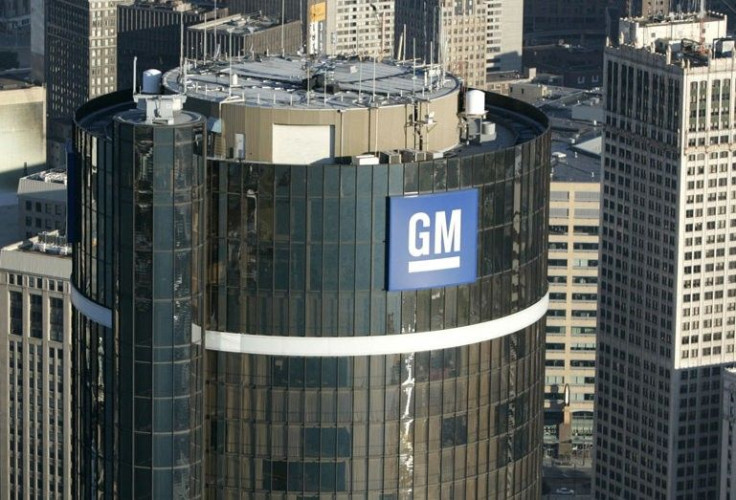
Once again, industry observers approach the end-of-month sales performances with caution rather than optimism.
For the end of July, Ford and General Motors both lost a chunk of market share thanks to the impressive sales performance of the resurgent Japanese automakers, including Toyota, Honda, and Nissan.
Market corrections, while unpopular, occur naturally and, most importantly, are predictable. Last year, Japanese automakers suffered inventory disruptions for a couple of months after a devastating earthquake and tsunami rocked the island nation. With inventory levels finally returning to normal, the Japanese automakers are focused on regaining lost ground. American Honda Executive Vice President John Mendel said, "With success growing along with inventory, it's wonderful to once again be able to meet the strong retail customer demand for our great Honda products."
Reflecting on the month of July, LMC Automotive Senior VP for Forecasting Jeff Schuster said Wednesday, "A lot of it has to do with the starting points last year. Ford and GM saw share increases last year when Toyota and Honda had inventory problems in Japan. Now we're seeing the mirror of that."
Kelley Blue Book senior market analyst for automotive insights Alec Gutierrez adds, "I think [Toyota, Honda and Nissan] are taking back market share. I think both Ford and GM have been treading water from a retail perspective."
Describing GM and Ford's current state of operation as "treading water" suggests that concerns within the American automakers are deeper than just the corrections of the market anomaly from last year. Ford and GM simply haven't sold enough cars.
In July, GM was burdened with a 79-selling day supply while the industry averaged at 65-selling days. As you can imagine, the Japanese makes enjoyed a much shorter selling day supply to balance the scale. Schuster also said if GM sales do not rebound for August, then production cuts will likely be applied.
Turning our attention away from GM and the Japanese automakers, Chrysler and South Korea's Hyundai have managed to avoid negative correlation with Japan's rebound. However, industry insight from Alec Gutierrez determined that Hyundai will suffer from constraints in inventory levels, which is already one of the lowest in the industry, as demands continue to mount. As for Chrysler, the sales growth of late heavily relies on incentives and offers to allow its 200 sedan to compete with the likes of the best-selling Toyota Camry, Honda Accord, and Nissan Altima models.
As far as the industry is concerned, total auto sales for 2012 remains on track for 14 to 14.5 million unites sold. However, July still represents a cautionary dip in performance for some.
Gutierrez said, "What we're seeing now is probably what we're going to see through the end of the year until the economy improves."July




